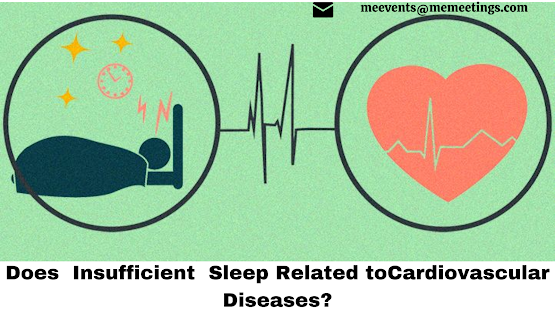HowDoes Nicotine Effect Your Heart?

You are aware by this point how harmful smoking is to your health. The chemicals in cigarettes and cigarette smoke can cause lung cancer as well as a wide range of other illnesses and health disorders. In fact, smoking is the leading cause of death in the But did you know that carbonmonoxide and nicotine, two very addictive substances present in cigarettes, can significantly affect your heart and blood vessels? In addition to interfering with the proper operation of your cardiovascular system, exposure to these chemicals alters the structure of your blood vessels and heart, raising your chance of developing heart disease. The consequences of nicotine on your heart are discussed below, along with some heart benefits you'll experience if you stop smoking. The Effects of Nicotine Did you know that, in addition to nicotine and carbon monoxide, the average cigarette includes over 5,000 compounds, including tar, formaldehyde, and arsenic? As this spread, fewer people sm...

.png)

.png)

.png)